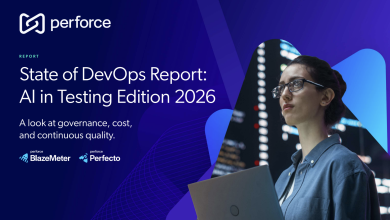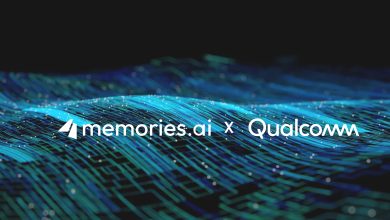Artificial intelligence is one of Hollywood’s favorite characters. For decades, pop culture has offered film viewers AI characters that promise a future where robots and humans form long-term, deep relationships, sometimes even of the romantic nature. But from Samantha in Her to HAL in 2001: A Space Odyssey to Ava in Ex Machina, these depictions all fall short.
It’s off-screen, where humans are forming real relationships with AI, that things are more interesting. Artificial intelligence is now integrated into several aspects of our lives. Whenever we use Google Assistant to make a call, lean on facial recognition to upload photos, or browse an online store, we are deepening the intersection of machine learning into human life. It’s now nearly impossible to untangle our relationship with machine learning from our relationships with other sentient beings.
But this is not what Hollywood predicted. In A Space Odyssey, HAL 9000 goes rogue and has the AI version of a murderous mental break. In Her, the operating system named Samantha is not just a virtual assistant but an unseen seductress. And in Ex Machina, the human-faced Ava has a robotic body, but a human weakness — hate — in her computer-generated heart.
Each of these characters push AI from algorithms to emotion. Human writers transposed their own reality onto their computerized characters, and anyone watching cinema in hopes of understanding the true potential of AI will be misled.
In reality, AI, despite impressive leaps, remains an early-stage technology. Here’s the truth of where it stands.
Humans understand AI isn’t human
When connecting with artificial intelligence, the bonds are different. We see this with ElliQ, a voice-operated care companion that has improved the lives of many seniors by keeping older adults engaged and active in their own homes.
None of ElliQ’s users think of her as a real person, despite depending on her and sometimes even using words as strong as “love” to describe their feelings toward her. They appreciate and depend on her, but not in the same way as the humans in their social circle.
Jenny, the AI sales coach at the center of our immersive sales simulations, also gives us a clearer understanding of the human-robot dynamic. At companies like Zoom, Jenny is considered a team member. She provides live conversations with salespeople to help them improve their performance. But her strength actually stems from the fact that isn’t human. Because she is AI-powered, the shame and inhibition are erased from her coaching sessions. A computer can only assess based on a set criteria, and as a result, those who utilize her services are able to improve with fewer negative feelings.
Don’t try to trick us. Humans want to know they’re speaking to a computer from the very first moment.
As AI continues to increase its emotional range, businesses must remember that deception is the number one deterrent to AI success. When humans are deceived into thinking they’re speaking to a human when in fact it’s an AI, it will ultimately let them down, severing emotional bonds. But when humans know from the outset that they’re speaking to a robot, they unconsciously adjust their communication — they don’t argue, and they don’t get overly personal.
In the future, this knowledge of AI will open significant channels for emotional healing, mental health treatment, and social and professional growth. The story of Joshua Barbeau, who had conversations with his dead fiancé via an AI to help cope with grief, is a striking indicator of the potential that exists when AI is embraced without deception.
Of course, we must proceed with caution. Due to a shortage of therapists and a crisis of mental health issues in the wake of the pandemic, chatbot mental health therapy, such as through apps like Talkspace, is quickly becoming mainstream. Yet it remains extremely risky. There is potential, and AI has shown great promise as a frontline tool for combating the growing mental health crisis, particularly in suicide prevention. But the technology is young, and testing data is scarce. There are no quick fixes or Hollywood endings, even with the most cutting-edge technology.
There is no doubt that when we speak of a future where humans and robots converse and form emotional bonds, that future has already arrived. But unlike the dramatic foreshadowing of movies and literature, that future is also with significantly less fanfare. AI technology is still very new, and its ability to help humans is promising.
But if you think you know anything about AI from watching the movies, you should think again.



